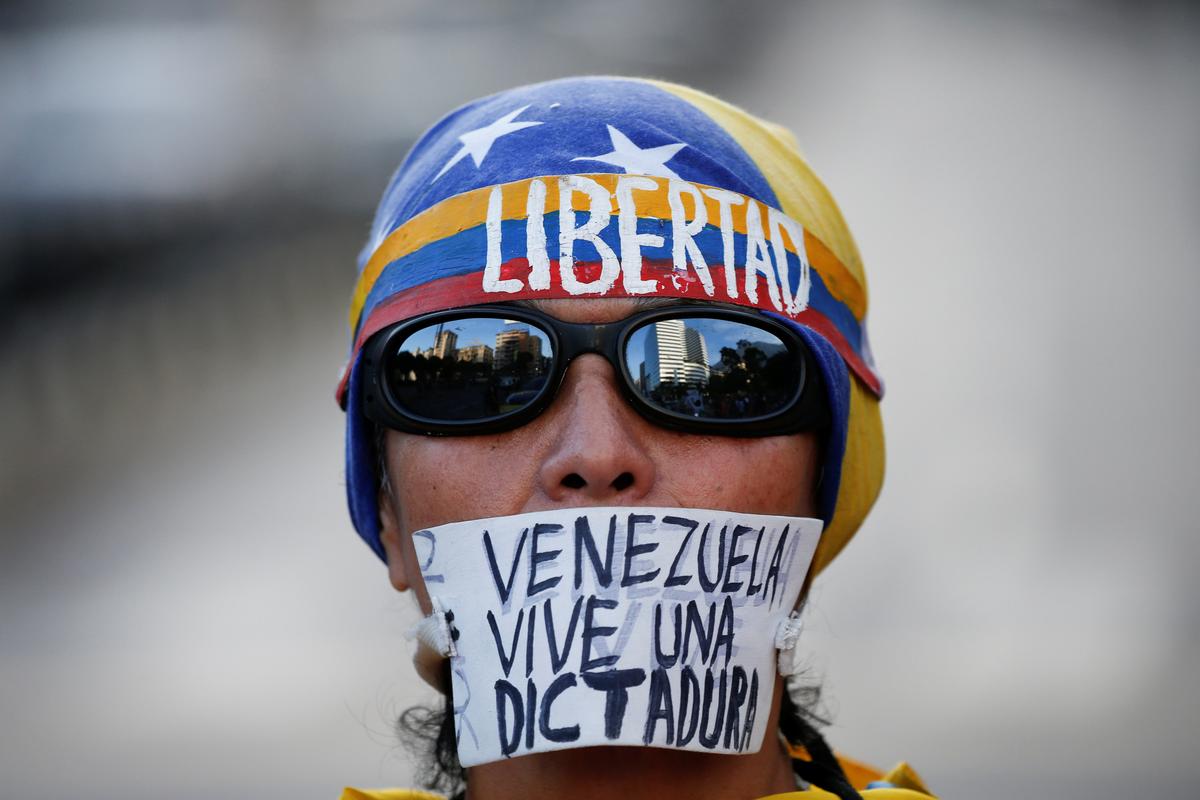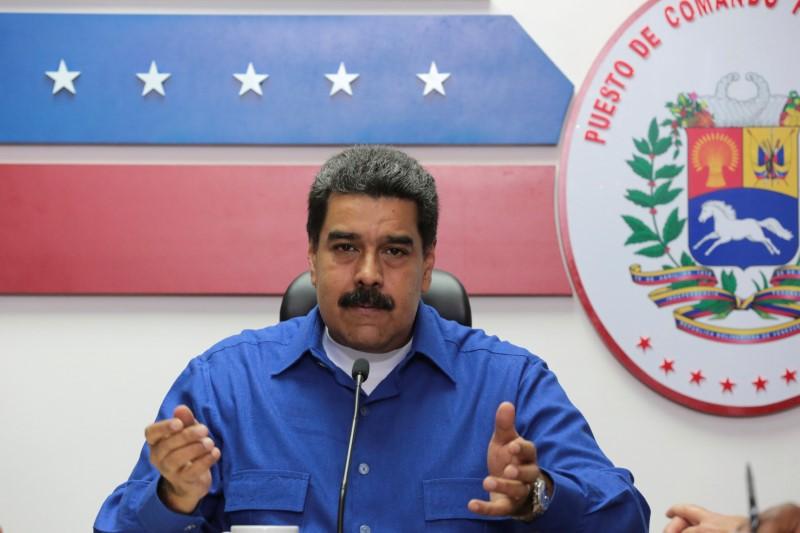CARACAS—Seeking to cool protests and international outrage, socialist Venezuelan President Nicolas Maduro said on Saturday the Supreme Court would review its move to annul the opposition-led congress, which critics decried as a lurch toward dictatorship.
“This controversy is over ... the constitution has won,” Maduro said in a televised speech just after midnight.
He was flanked by senior officials on a specially convened state security committee that ordered the top court to reconsider its rulings.
While Maduro, 54, sought to cast the move as the achievement of a statesman resolving a power conflict, his foes said it was a hypocritical row-back by an unpopular government that overplayed its hand.
“You can’t pretend to just normalize the nation after carrying out a ‘coup,’” said Julio Borges, leader of the National Assembly legislature. He publicly tore up the court rulings this week and refused to attend the security committee, which includes the heads of major institutions.






